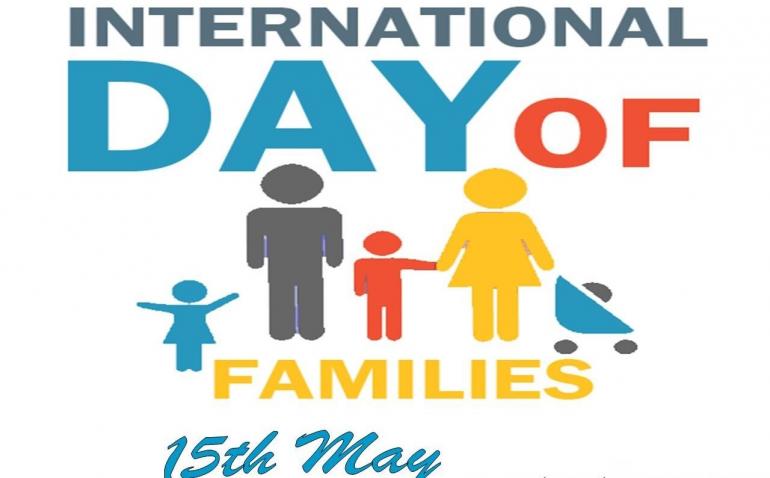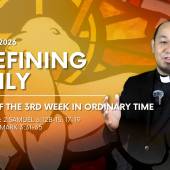International Day of Families – May 15, 2020

Families—both traditional and non-traditional—are the foundation of society. Some of the most formative years of our lives are spent growing up with our families, so they should be celebrated!
And today we do just that. Founded by the United Nations in 1994, The International Day of Families is observed on May 15 every year to celebrate the importance of families, people, societies and cultures around the world. It’s been around since 1994, with a different family-focused theme each year (past themes have included “Building Families Based on Partnership” and “Families, education and well-being”).
So, celebrating International Day of Families, let us learn about some of the social, economic and demographic processes affecting families around the world!
Why International Day of Families is Important
- It highlights the importance of family in society
If we have stronger families, we will have stronger schools and stronger communities. A strong family unit can help each member feel more fulfilled and better about themselves and the world. It also provides a real-life example of how the human family can work together to create a better world.
- It reminds you that all families don’t look alike
Every family is different—family can be defined many different ways, and International Day of Families recognizes that. Some families consist of children; some do not. Some consist of one parent; others more than one. International Day of Families is about more than just celebrating those who share DNA with you—it’s about celebrating all of the people you love.
- It's an opportunity to have critical conversations
International Day of Families is a time of celebration, but it's also a time for serious conversations about some of the challenges that families around the world face. Many families are dealing with issues like poverty, lack of health care, employment, and child rearing. And today, we promote awareness and a better understanding of some of these challenges. Which one will you talk to your family about today?
Background
During the 1980's, the United Nations began focusing attention on issues related to the family. In 1983, based on the recommendations of the Economic and Social Council, the Commission for Social Development in its resolution on the Role of the family in the development process requested the Secretary-General to enhance awareness among decision makers and the public of the problems and needs of the family, as well as of effective ways of meeting those needs.
In its resolution 1985/29 of 29 May 1985, the Council invited the General Assembly to consider the possibility of including in the provisional agenda of its forty-first session an item entitled “Families in the development process”, with a view to consider a request to the Secretary-General to initiate a process of development of global awareness of the issues involved, directed towards Governments, intergovernmental and non-governmental organizations and public opinion.
Later, based on the recommendations of the Commission for Social Development, formulated in its 30th round of sessions, The Assembly invited all States to make their views known concerning the possible proclamation of an international year of the family and to offer their comments and proposals.
The Council also requested the Secretary-General to submit to the General Assembly at its forty-third session a comprehensive report, based on the comments and proposals of Member States on the possible proclamation of such a year and other ways and means to improve the position and well-being of the family and intensify international co-operation as part of global efforts to advance social progress and development.
In its resolution 44/82 of 9 December 1989, The General Assembly proclaimed The International Year of the Family.
Radio Veritas Asia (RVA), a media platform of the Catholic Church, aims to share Christ. RVA started in 1969 as a continental Catholic radio station to serve Asian countries in their respective local language, thus earning the tag “the Voice of Asian Christianity.” Responding to the emerging context, RVA embraced media platforms to connect with the global Asian audience via its 21 language websites and various social media platforms.














